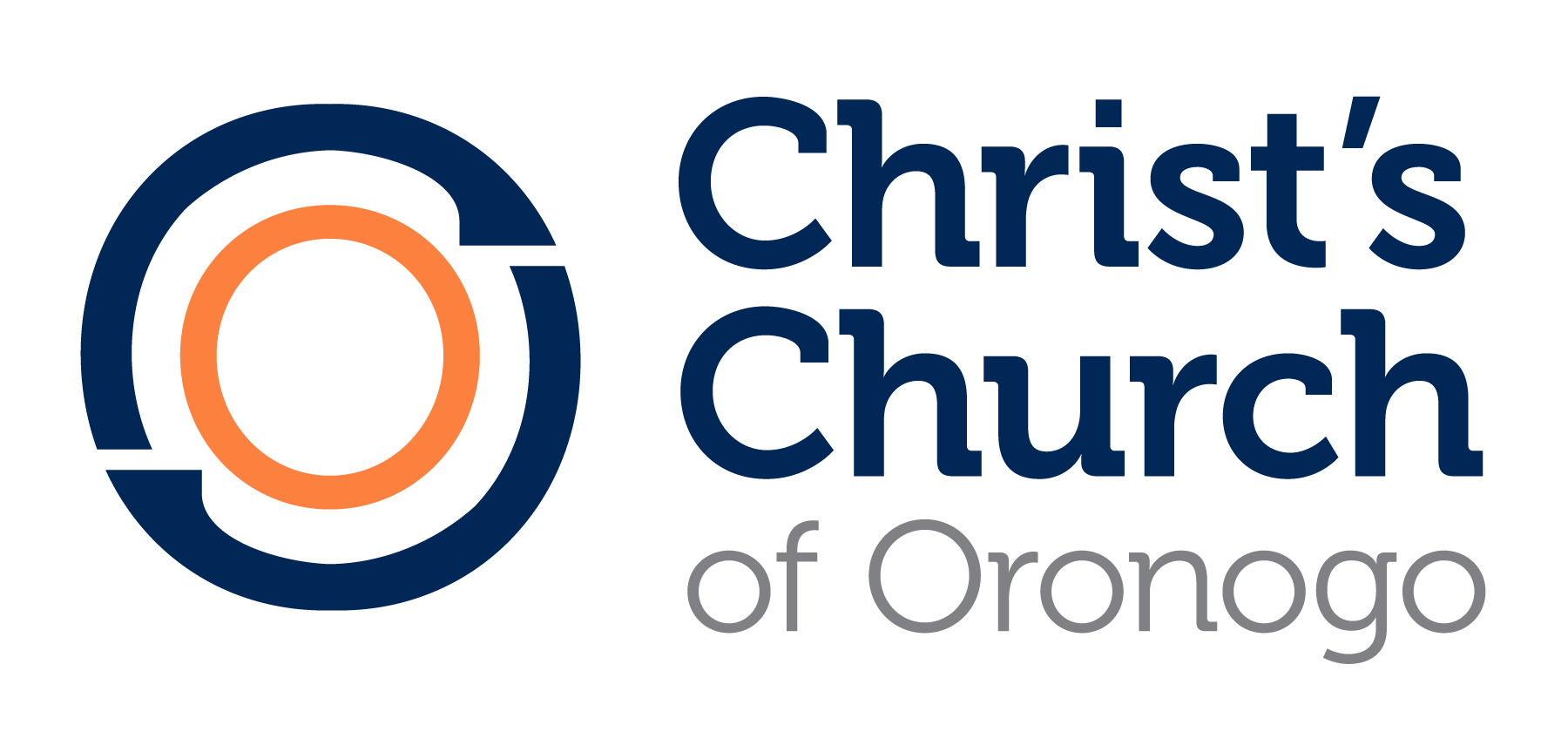Each week our counselors at Christ’s Church listen and offer hope to those who are struggling with painful hurts involving abuse, infidelity, addiction, divorce, suicide, and loss. In his book, Healing for Damaged Emotions, Dr. David Seamands shares several biblical principles every believer can benefit from as it relates to healing life’s hurts. I’ve borrowed four of his and added some of my own thoughts.
First, to heal from life’s hurts we must face these hurts head-on. We can’t heal a wound by pretending it isn’t there so we must step out of any denial and with ruthless honesty and God’s help, confront whatever it is we’re facing. That may mean talking about a wound from childhood that has left us bitter. It could mean confessing a besetting our sin to another person (James 5:16). Our problems can only be resolved as we are willing to drag them into the light where we can see them clearly and deal with them directly. This takes courage but it’s always the first step in healing.
Second, we must accept personal responsibility for our part. Oftentimes our deepest wounds were inflicted by others but there are also points of responsibility for us to own going forward. You might truly be the victim in the matter but how you responded to the pain is important to explore. For example, choosing to resent others or escape into a particular sinful pattern of thinking or behaving is something we must own if we want to get well. We are always responsible for our response to a situation and we will struggle to heal if we continue to shift blame.
Third, we must make a decision to get well. Sometimes we continue to hurt because we are comfortable in our self-pity or in the sympathy of others. The story of the man Jesus healed by the pool in John chapter 5 is a great example of someone who had grown too accustomed to his pain and made excuses for his condition. We can make excuses for ourselves or settle for a life marked by depression, anger or grief. But Jesus asked the man a question that got to the root of his issues, “Do you want to get well?” So we must ask, “Do I really want to get over this? Do I want emotional healing? Am I willing to face my problem head-on and deal with it?”
Finally, we must forgive others and forgive ourselves. Facing our own responsibility in the matter and forgiving others for their part are both crucial to recovery. And healing cannot occur without a true forgiveness of others. Jesus reminded us that as we pray we are to forgive others so we too will be forgiven (Matthew 6:12-15). Forgiving others is often a process that takes time and work on our part when the offense is great, but it can and must be done. We must choose forgiveness if we want to get well. And that includes forgiving ourselves. God forgives us and cleanses us of sin when we confess to him (1 John 1:9) but some believers continue to struggle with unnecessary guilt. God forgives and buries our sins in the sea of his forgiveness and forgetfulness. As Corrie ten Boom, said, “He then puts a sign on the bank which says, ‘No fishing allowed.’” God does not dredge up what He has forgiven and nor should we.
Contact Dennis







